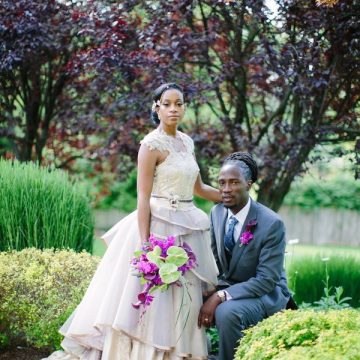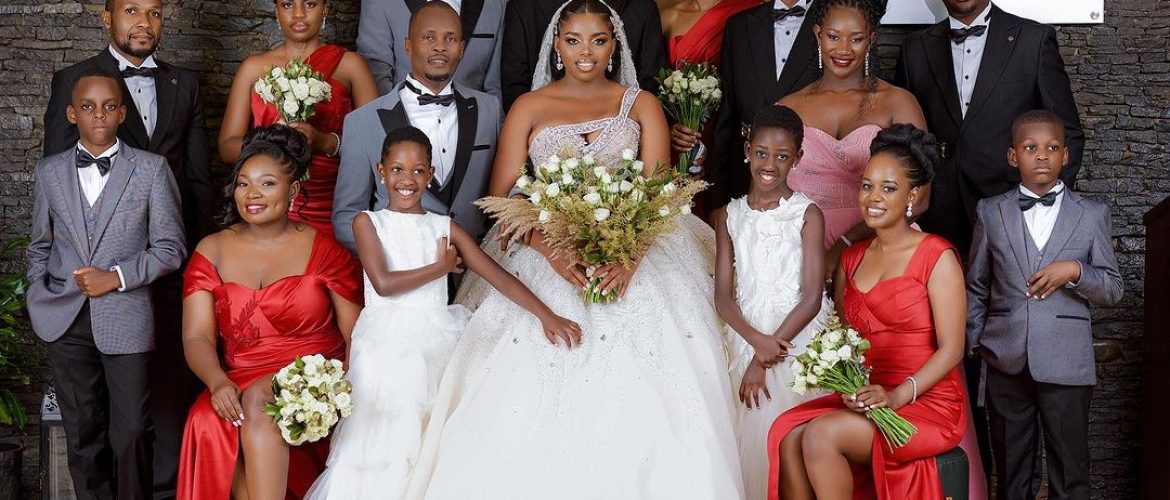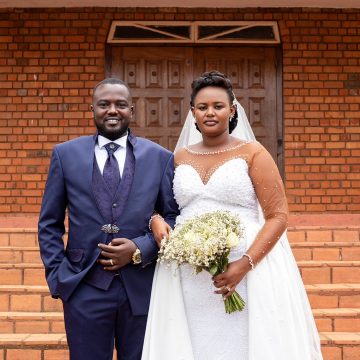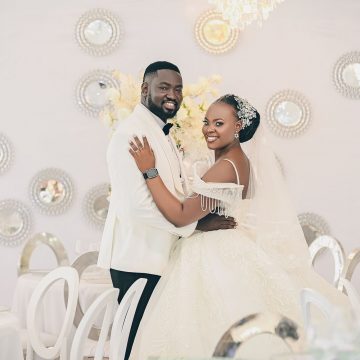Unless you have an unlimited budget, you can’t invite everyone you want to your wedding. And if one or both of you have a large family or a wide circle of friends, you’ll have to make some tough calls. In the initial planning stages, sit down with your fiancé/e and discuss approximate numbers to ensure your expectations are roughly the same and to establish what sort of reception venue you’ll need. Make a list of everyone you would like to invite and divide them into three categories – definites, probables and possibles – so you can clearly see where you should make cuts if you need to. Remember that you have family expectations, financial issues and practical considerations to contend with when deciding who will and won’t make the shortlist.
So, which comes first: the venue or the guest list? It’s really up to you, but the two are integrally linked and will ultimately be governed by your budget. If you have your heart set on a particular venue, find out what the seating capacity is and get an idea of catering costs per head, then work your guest list around that. Alternatively, draw up a realistic guest list and find a venue to suit your numbers.
To begin with, you’ll need to invite your immediate families, close extended family and good friends you couldn’t imagine getting married without. You should also invite the spouses of those in the wedding party. You could consider inviting the officiant , and the parents of the ring bearer and flowergirls, too. After that, it’s your call. Focus on people who are relevant to your life now, and who you believe will still be important to you in the future.
Your wedding day is sure to be special not only for you, but for your parents also. If they are contributing financially to the event, it’s only fair to let them have some input into the guest list. Many of the people they invite will be family or close friends who have known you since childhood. To avoid any dramas, clarify the extent of your families’ involvement in the guest-list process at an early stage. Tell your parents the maximum number of guests you feel comfortable with and how many people the venue holds, then give them your list and let them add to it. If your parents are pushing for particular people to attend, and you have enough space at the reception venue, why not let them invite extra guests provided they pay for them. A little compromise goes a long way in keeping everyone happy.
If your numbers are out of control, remember that you are not obliged to invite work colleagues. If you are inviting just a few workmates, ask them to be discreet to avoid ill feeling on the part of uninvited colleagues. Be honest, too, about your friendships. If you haven’t seen or spoken to someone in years, they probably shouldn’t be on your list. You don’t have to invite couples you’re not close to any more just because you went to their weddings.
Dealing with difficult situations
The ex question
Putting your ex-partners on the guest list is a matter of personal choice, but it must be a decision you and your fiancé/e are both happy with. If your fiancé/e is uncomfortable with the idea of an ex attending, there’s only one option – don’t invite them.
Children
Whether or not to invite children is another difficult issue. Some couples couldn’t imagine a wedding without kids. For them, it’s the ultimate family occasion. However, not all couples share this view and choose to subtly let their friends with children know that it’s an adults-only affair. After all, kids can be unpredictable and noisy, and it may not be wise to have tired three-year-olds at your evening reception. Consequently, some of your friends may take offence and choose not to come, and while this is a shame, it’s your day, and they need to respect that.
Another solution is to invite children to the ceremony only. Ask the ushers to seat the kids and their parents near the back or on the end of an aisle so they can exit quickly if they need to.
























